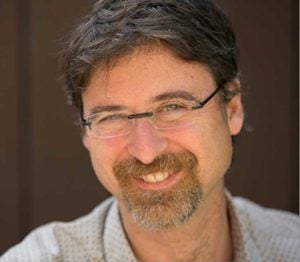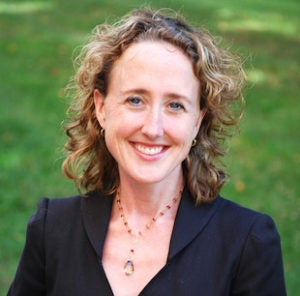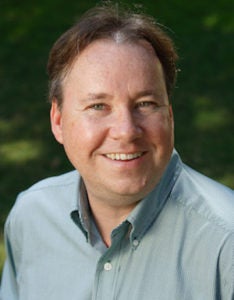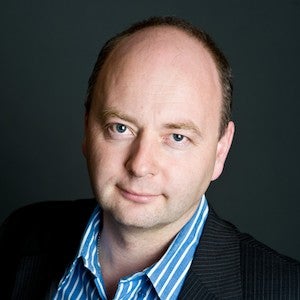Contact: Gary Polakovic polakovi@usc.edu or (213) 740-9226
USC experts examine World War II 80 years after it began
How do democracies resist authoritarianism?
Paul Lerner is a professor of history and director of the Max Kade Institute for Austrian-German-Swiss Studies at the USC Dornsife College of Letters, Arts and Sciences. He’s an expert in 20th century European history and the rise of fascism and the author of Hysterical Men: War, Psychiatry and the Politics of Trauma in Germany and other books.
“Democracies are fragile and often ill-equipped against authoritarian and populist threats. We fought world wars ostensibly to make the world safe for democracy, yet today our own democracy faces severe challenges,” Lerner said.
He added:
- Sept. 1, 1939, marked a low point in European unity, but the concept gained momentum after WWII, during the Cold War and again with the demise of the Soviet Union.
- The post-WWII European order faces new challenges in the face of Brexit, resurgent nationalism, “America First” policies, China’s economic might and a resurgent Russia.
- World wars in Europe caused mass migrations and instability, and today unstable politics and climate change make parts of the world dangerous as wealthy countries close borders to refugees and immigrants.
Contact: plerner@usc.edu or (213) 740-1653
How do we hold tyrants accountable for atrocities?
Hannah Garry is a clinical professor of law and founding director of the International Human Rights Clinic at the USC Gould School of Law. She is an expert in human rights, war crimes and post-conflict resolution.
“International law took a big step forward after World War II because certain human rights abuses committed during the conflict were deemed so grave that nations decided international law had to hold individuals accountable. We didn’t prosecute war crimes or crimes against humanity on an international level before WWII,” Garry said.
She added:
- The first international tribunals for war crimes occurred in Germany and Japan after WWII in part due to U.S. leadership.
- The creation of an International Criminal Court was a result of WWII; it has since adjudicated cases in Africa while similar courts were established for Rwanda, Cambodia, Lebanon and the former Yugoslavia, among others.
- Using international law to prosecute serious crimes is here to stay; however, support has waned due to anti-globalization movements and U.S. resistance.
Contact: hgarry@law.usc.udu or (213) 740-9154
Can peace that ends war lead to more conflict?
Patrick James is the Dean’s Professor of International Relations at the USC Dornsife College of Letters, Arts and Sciences. He is an expert in U.S. foreign policy and international conflict.
“The roots of WWII are found in the flawed peace settlement of WWI (Treaty of Versailles), so there’s a lesson for the United States on being careful about war. Consider Iraq, where winning the war was not the problem — the U.S. will likely win conventional wars easily now — but what do you do after? The Iraq War was one of the biggest calamities of the 21st century so far, so we need to be extremely careful with military intervention,” James said.
He added:
- Unlike the first half of the 20th century, today Germany is a source of stability and peace in Europe as well as an advocate for multilateralism.
- Russia is Europe’s greatest danger now, perhaps not as a military threat but as a potentially failed state ripe for extremist politics and unpredictable behavior.
- The Trump administration seems to have less appetite for saving the world and deploying troops abroad than some previous administrations, notwithstanding concerns about protectionism and isolationist rhetoric.
Contact: patrickj@usc.edu or (213) 821-4114
Are we asking the right questions about WWII and genocide?
Stephen Smith is Finci-Viterbi executive director of USC Shoah Foundation — the Institute for Visual History and Education, and UNESCO chair on genocide education. He’s an expert in the Holocaust, genocide studies and visual histories of oppression. USC Shoah Foundation has archived testimony of 55,000 witnesses to the Holocaust and other genocides and it provides resources to journalists.
“September 1, 1939, was a day that altered the course of the 20th century. If you were Jewish and living in Europe at that time, and had not made a decision to leave, you knew for certain it was the beginning of the end. It was a terrifying, life-changing day—the date when genocide as we now know it began,” Smith said.
He added:
- WWII viewed through the lens of U.S. victory obscures its meaning: What caused it? What were the origins of the Nazi state? What does this mean for civilization? “We haven’t made a full account of this yet,” he said.
- War provides cover for genocide because an aggressor needs conflict and control to mask chaos and crimes against humanity.
- Germany conducted dress rehearsals for the Holocaust — the Nazis implemented 1,900 race laws before WWII — and genocidal actions began immediately after the invasion of Poland.
Contact: smithsd@usc.edu or (213) 703-5332







